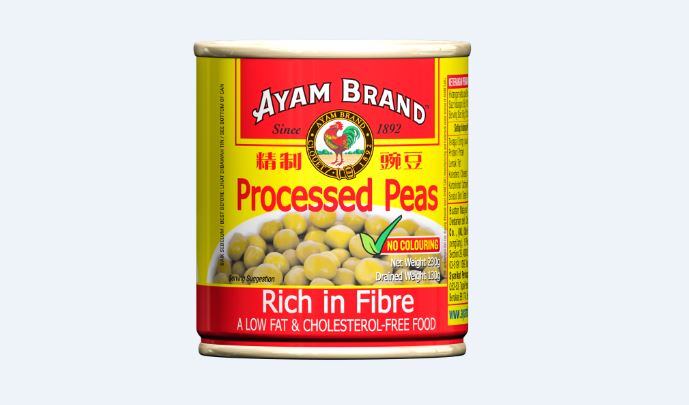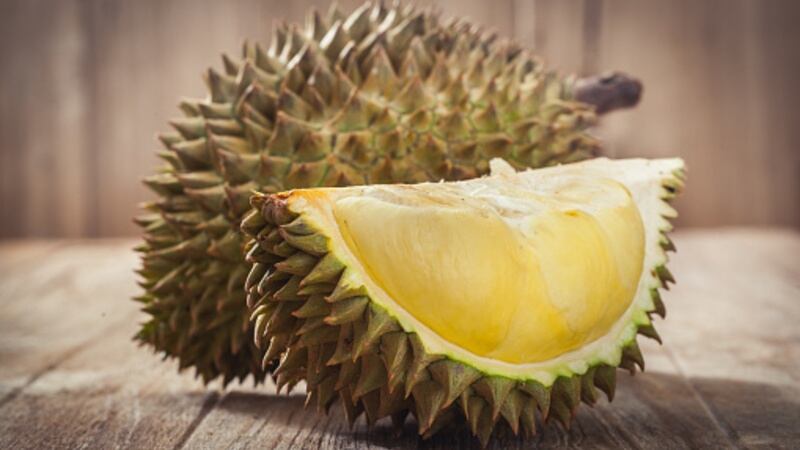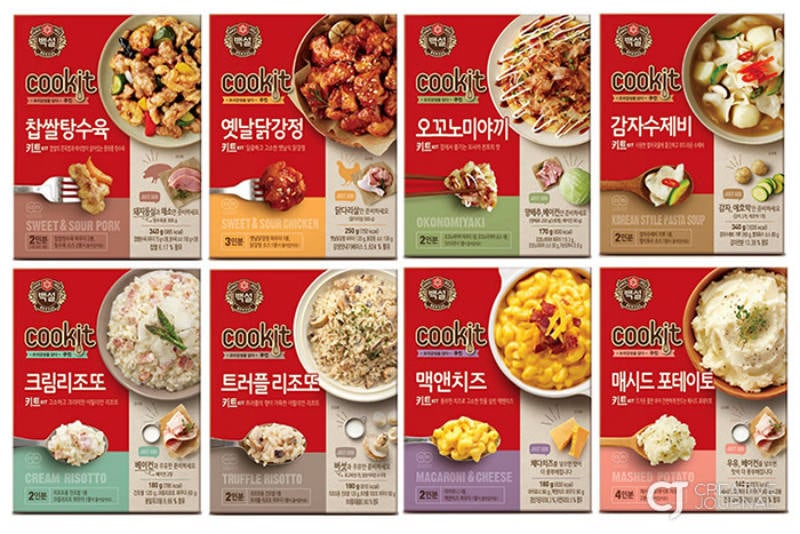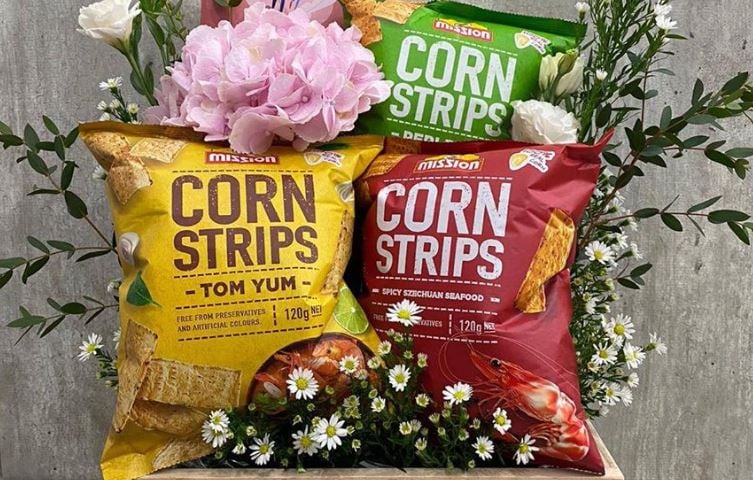The new version launched in Malaysia in Q1 this year, and will gradually be introduced across all countries, starting with Indonesia. Ayam Brand is owned by Denis Group.
The group’s marketing direction, Herve Simon, told FoodNavigator-Asia: “Removing colouring from canned processed peas was a very bold move for Ayam Brand.”
Simon said the motivation behind this was “seeing the worldwide trend of having cleaner labels with shorter ingredient lists and with good quality raw materials.”
No change to nutrition
According to the company, there have been studies showing that artificial food colouring can affect the digestive system, and cause allergies which are potentially harmful.
The group’s R&D director Natalie Yap told us losing the green colour did not indicate any change in nutritional content nor flavour.
“We found the taste is better as the natural flavour of the peas becomes more pronounced in the absence of chemical colourings,” she said.
“We also put in more measures in quality control to ensure more uniformity in the colour of the raw peas as there will be no external colouring effect.”
Consumer concerns
The company admitted, however, that there were likely to be some concerns from customers.
Simon added: “As we expected, a lot of consumers were still surprised at first because the natural colour of processed peas is quite pale compared to our earlier recipe with colouring.”
To curb these concerns, he said the company has been communicating on its social media to educate consumers about the rationale behind the changes.
“It is important for brands nowadays to be fully transparent with their consumers and to provide comprehensive product information to make informed decisions,” he added.
The Ayam Brand canned processed peas are manufactured in its Malaysian factories in Taiping, Perak along other products such as sardines and mackerel.
Its products are all Halal certified by JAKIM (Department of Islamic Development Malaysia).
Future directions
As part of the company’s Environmental, Social, and Governance (ESG) strategy, Ayam Brand is committed to making products using 100% natural ingredients, or if necessary, only include a restrictive limited list of authorised additives.
Simon explained there were around 400 additives legally authorised in food production globally, which Ayam has since narrowed down to around 100.
“We consider that additives are only workable in a transitional period and that with the development of new technologies we should aim to have all Ayam Brand products with 100% natural ingredients in a foreseeable future.
“We are also committed to never use added preservatives, trans fats, GMO ingredients and MSG in any of our products.
“It is our responsibility to challenge the existing market by innovating and reformulating with healthier alternatives.”
Ayam Brand is also launching an instant noodle product (Nouilles Instantanées saveur) in Europe by Q2 2020, which is free from additives. It will come in four flavours (curry, crevettes, boeuf, Poulet)
According to Simon, the instant noodles are made out of just three ingredients, wheat flour, tapioca starch and salt.
“Our instant noodles are baked, not fried unlike most products on the market so we manage to significantly reduce the fat content. The seasoning mixes are made without any additives and colouring.”




